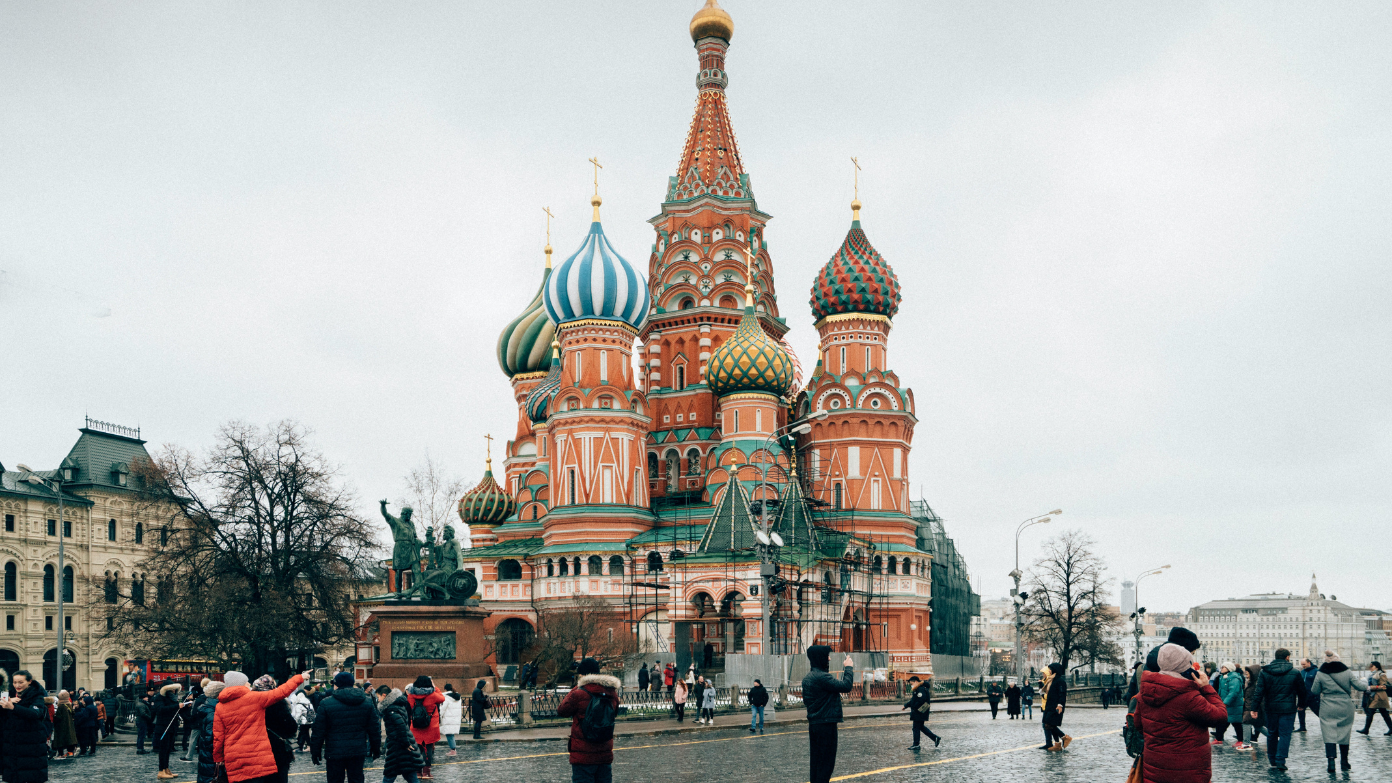President Donald Trump’s “Liberation Day” tariff announcement on April 2, 2025, was a trade policy paradigm shift that imposed a minimum 10% tariff on almost all imports and targeted 60 nations with tit-for-tat tariffs of up to 46% with countries like Canada and China also replying with retaliatory tariffs of their own. But Russia—a geostrategic competitor in the Ukraine war—was strangely exempted. The exemption has sparked heated debate regarding its economic logic and geopolitical implications, exposing contradictions between avowed trade goals and diplomatic gamesmanship.
The “Liberation Day” tariff structure
Trump’s two-pronged tariff policy imposed a flat 10% tariff on all imports, as well as case-by-case “reciprocal tariffs” to equalize trade barriers U.S. sellers encountered. China (34%), Vietnam (46%), and the European Union (20%) faced high rates that compensated for perceived unfairness, such as subsidies and regulatory impediments. The White House packaged the policy as undoing decades of “economic abuse” and spurring domestic manufacturing, and Trump calling it a “declaration of economic independence”. Market responses were instant, with stocks dropping as investors priced in increased consumer expense and retaliatory measures.
Official reasoning: Sanctions as substitution tariffs
The White House attributed Russia’s exclusion to long-standing sanctions already freezing bilateral trade. Treasury Secretary Scott Bessent contended that sanctions placed since 2022—which reduced U.S.-Russia commerce from $35 billion in 2021 to $3.5 billion in 2024—made further tariffs redundant. “Sanctions are already doing the work that tariffs would,” Bessent said, citing Russia’s placement on a list of countries with “no meaningful trade” with the U.S. alongside Belarus, Cuba, and North Korea. Officials explained that Russia already has an effective 100% tariff on most products because of embargoes, so new levies are not needed.
Paradoxes in the trade data narrative
The rationale is challenged by critics who point to paradoxes in the argument of the administration. Although U.S.-Russia trade has fallen dramatically, it is still higher than with Mauritius ($2.1 billion) and Brunei ($1.8 billion), both of which were hit by tariffs. The selective nature implies political motives rather than pure economic reasons. Former U.S. Trade Representative Michael Froman stated, “If the test is ‘meaningful trade,’ dozens of countries on the tariff list fail it. The exemption highlights a disconnect between rhetoric and policy priorities.”
Geopolitical mathematics: Ukraine negotiations and oil pressure
The exemption is consistent with Trump’s attempt to negotiate a Ukraine peace agreement, a process that has become more complicated due to recent tensions with Russian President Vladimir Putin. Days before Liberation Day, Trump warned “secondary tariffs” of 25–50% on Russian oil imports if Moscow hinders negotiations, threatening, “If I think it’s Russia’s fault, you can’t buy their oil and do business here”. This carrot-and-stick strategy—spare existing trade but threaten energy sanctions—seeks to squeeze Putin without scuttling diplomacy. Ukrainian officials were upset over new 10% tariffs on their exports, adding economic pressure from the war.
Strategic ambiguity in US-Russia relations
Trump’s tariff move is consistent with his administration’s contradictory policy on Moscow. While sharing a “friendly rapport” with Putin, the White House has escalated military support to Ukraine and denounced Russia’s recent missile attacks. Such doublethink is consistent with Trump’s 2024 campaign promise to reshape Russia from enemy to friend—a promise derailed by bipartisan resistance and Putin’s aggressive drive. By exempting Russia from tariffs, Trump maintains bargaining room for possible sanctions relief, a Russian priority in peace negotiations.
Economic and diplomatic impacts
The exception is problematic for American credibility. Friends like Japan (24% tariff) and the EU (20%) criticized the move as eroding collective sanctions regimes, while Beijing accused Washington of “rewarding aggression” under selective enforcement. In Washington, lawmakers on both sides wondered why a nation implicated in election interference and war crimes should be dealt with specially. Senator Lindsey Graham (R-SC) wrote, “If tariffs are about fairness, Russia’s invasion of Ukraine makes them the least deserving of breaks.”
Economists caution the move will undermine tariff effectiveness by communicating that exceptions can be negotiated. “All countries now have an incentive to threaten geopolitical crises to escape trade penalties,” wrote Peterson Institute analyst Mary Lovely. Second, U.S. consumers bear inflationary costs through the higher tariffs, which the Federal Reserve estimates as a 0.8–1.2% increase in consumer prices by the end of 2025.

